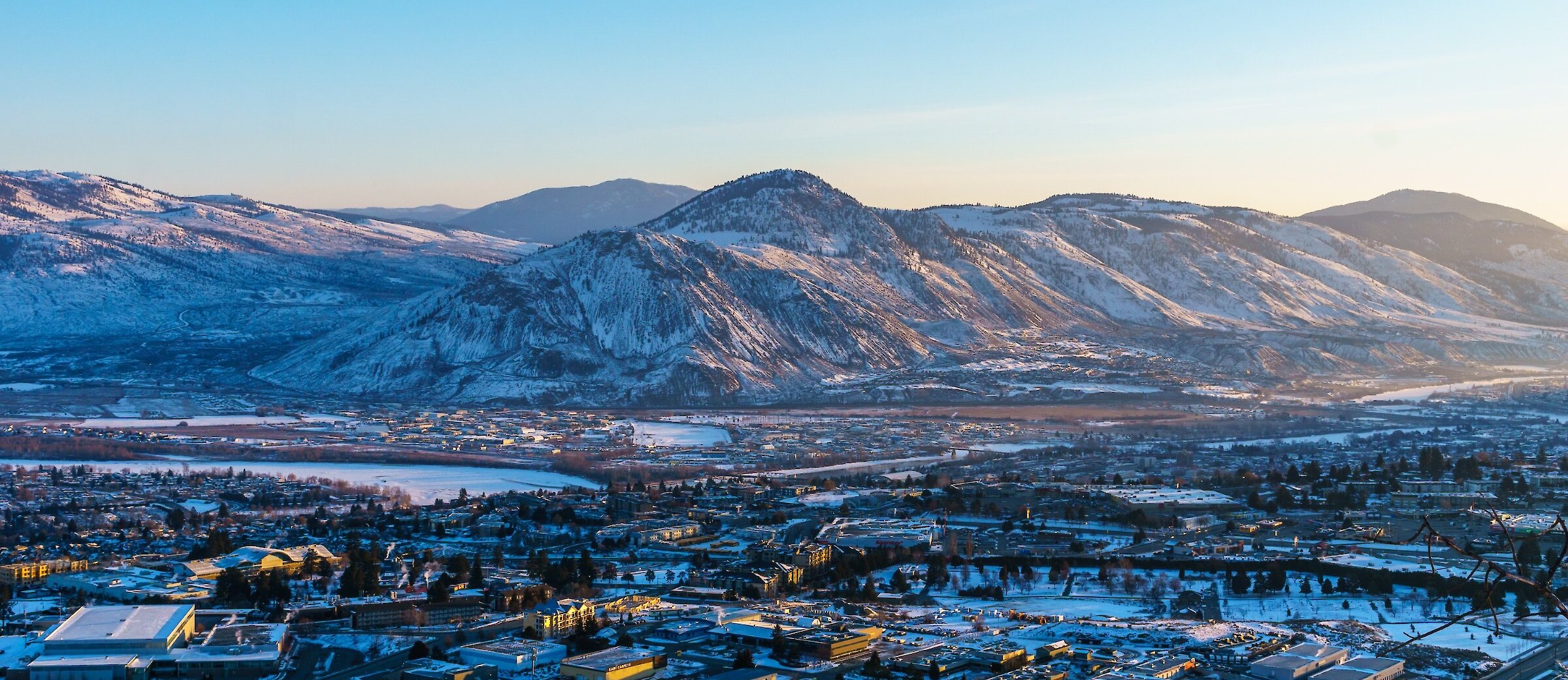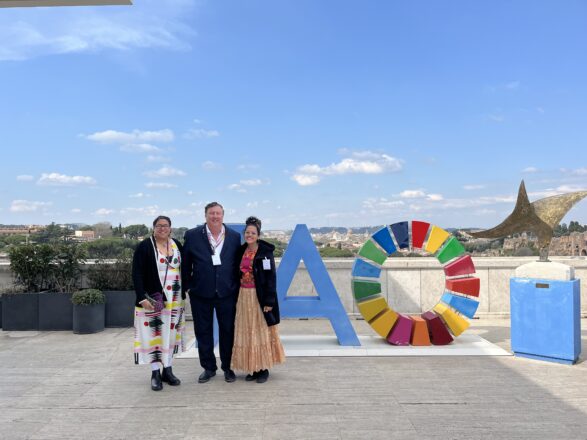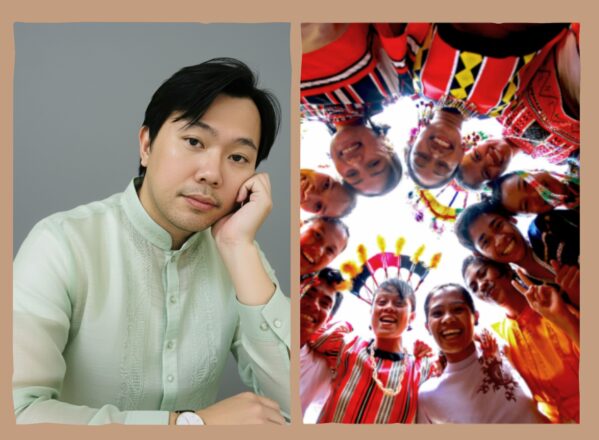Winter Weather & Reflections on Ecological Grief
Weytk! My name is Peyton Anderson and I am Nuxalk, from Bella Coola. I am also the Research Coordinator at the All My Relations Indigenous research center.
As we reach the end of January, and the daily temperatures finally dip into their seasonal averages after a very warm start to winter, it has reminded me once again that Earth is changing.
Over the past few months, I have been working on a literature review with Dr. Rod McCormick surrounding the idea of ecological grief, and thought that, given the current state of the climate, it may be of interest to some to post a brief snippet of the scoping review so far:
In 2024, the present and future impacts of the climate crisis are discussed frequently among scientists, scholars, policymakers, and those in between. However, through the myriad of approaches and aspects that the climate crisis touches, there are, without fail, some critical facets that are left under-researched at best, and ignored at worst. One such facet is the occurrence of ecological grief, a term that has made its appearance in climate change and mental health literature in the past decade.
One of the most frustrating issues surrounding the idea of ecological grief is the discrepancy between various scholars’ definitions. Without a widely agreed upon definition, approaching subsequent issues surrounding the topic, such as concrete causes and ways to address the psycho-social issues, is made much more difficult. The bulk of this issue arises from the fact that there is no core discipline from which scholars weigh into the issue of ecological grief – there are scholars from environmental psychology, bereavement studies, behavioural psychology, philosophy, environmental science, social work, et cetera.
The differences in foundational knowledge and beliefs surrounding the larger issue of climate change, from which ecological grief is most commonly approached, creates a multitude of different perspectives in understanding. Beyond definitional difficulties, this problem also extends to the substance of models that various scholars use to understand ecological grief.
Cunsolo and Ellis (2018) provide perhaps the most widely accredited definition, stating that ecological grief is “the grief felt in relation to experienced or anticipated ecological losses, including the loss of species, ecosystems and meaningful landscapes due to acute or chronic environmental change.” Ashlee Cunsolo continues in other works to assert that the loss of environmental knowledge is also a key facet of ecological grief, in particular to those who have deep personal, emotional, and spiritual connections to the land, such as Indigenous peoples (Cunsolo, 2020; Cunsolo et al., 2015; Ojala & Cunsolo, 2021). Comtesse et al. (2021), however, argue that the results of their study suggest that it is only actual and past physical losses that trigger ecological grief, and that the anticipation of future ecological losses can be attributed to eco-anxiety, instead. Ágoston et al. (2022) both recognized and utilized Cunsolo and Ellis (2018)’s definition of ecological grief, but found that the loss of traditional knowledge did not warrant its own descriptive category within the definition. Each definitional variant derives from a distinct modelling of ecological grief – of which there is also debate.
Each of these definitions have been conceptualized from the perspective of the purpose of the article it is being used in. Not only is there an issue of differing disciplines from which authors write about ecological grief, there is also a more specific differentiation in the definition for the specific purpose of an article. While different terms may be used in various articles, depending in part on the year of publication and what terms were more generally used at the time, what discipline an author is from, and what the purpose of the article is, there is an underlying theme of feelings associated with “grief” in each of them.
It is through these emotional underpinnings that the authors have identified as being central to their own articles’ purpose that will determine the relevance of their addition into this scoping review.

Resources Referenced:
Ágoston, C., Csaba, B., Nagy, B., Kőváry, Z., Dúll, A., Rácz, J., & Demetrovics, Z. (2022). Identifying Types of Eco-Anxiety, Eco-Guilt, Eco-Grief, and Eco-Coping in a Climate-Sensitive Population: A Qualitative Study. International journal of environmental research and public health, 19(4), 2461. https://doi.org/10.3390/ijerph19042461
Comtesse, H., Ertl, V., Hengst, S. M. C., Rosner, R., & Smid, G. E. (2021). Ecological Grief as a Response to Environmental Change: A Mental Health Risk or Functional Response?. International Journal of Environmental Research and Public Health, 18(2), 734. https://doi.org/10.3390/ijerph18020734
Cunsolo, A., Borish, D., Harper, S.L., Snook, J., Shiwak, I., Wood, M., & the Herd Caribou Project Steering Committee. (2020). “You can never replace the caribou”: Inuit experiences of ecological grief from caribou declines. American Imago, 77(1), 31-59.
Cunsolo, A., & Ellis, N. R. (2018). Ecological grief as a mental health response to climate-change related loss. Nature Climate Change, 8 (275-281). https://www.nature.com/articles/s41558-018-0092-2
Cunsolo, A., & Landman, K. (2021). Anxiety, worry, and grief in a time of environmental and climate crisis: A narrative review. Annual Review of Environmental Resources, 46, 191-214. https://doi.org/10.1146/annurev-environ-012220-022716
Cunsolo Willox, A., Stephenson, E., Allen, J. et al. (2015). Examining relationships between climate change and mental health in the Circumpolar North. Reg Environ Change, 15, 169–182. https://doi.org/10.1007/s10113-014-0630-z






